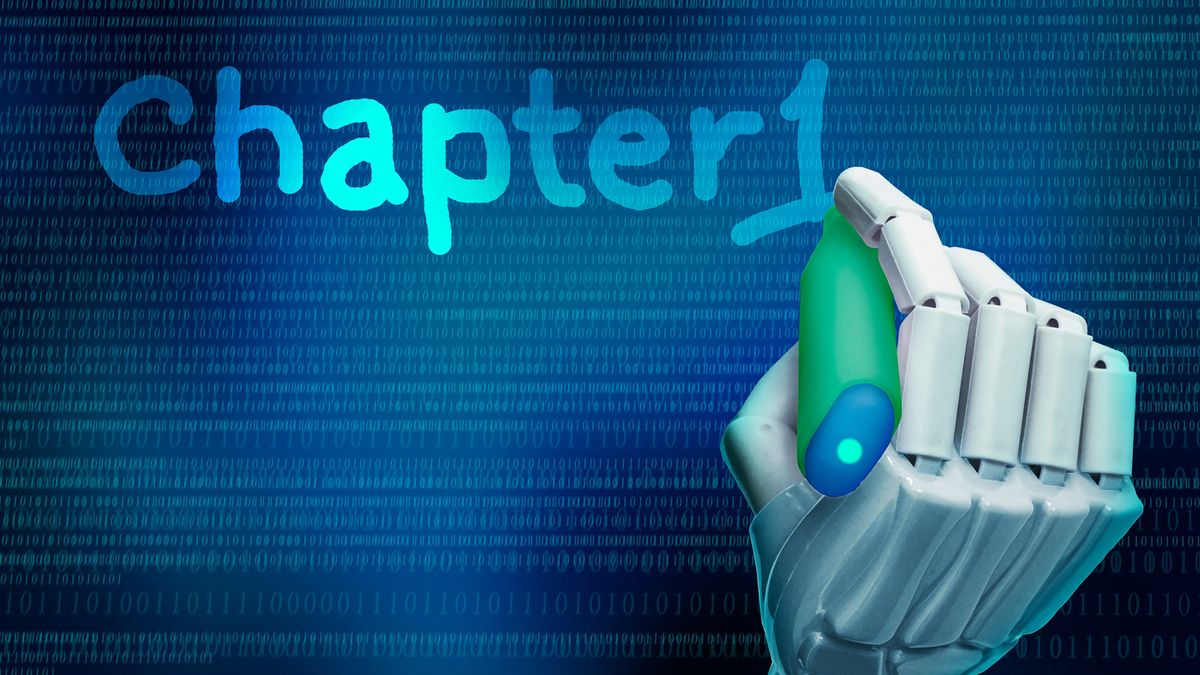
Follow ZDNET: Add us as a preferred source on Google.
ZDNET's key takeaways
- Meta's Llama models can now be used by government agencies.
- Its deployment is part of Trump's federal AI initiative.
- AI companies are increasingly enmeshed with the US government.
The US government can now use Meta's Llama, a family of AI models.
The US General Services Administration (GSA), an independent federal agency responsible for purchasing workplace equipment and software, now includes Llama -- a somewhat open-source system, though that's been debated -- as one of several approved AI tools federal agencies can use, the agency announced Monday.
Also: How the Trump administration changed AI: A timeline
"This collaboration will strengthen the federal government's ability to test, adapt, and deploy AI while maintaining full control over sensitive data," Meta said in a press release.
Government AI use
Federal agencies can now use Llama to process data, generate images, and fulfill tasks.
Meta previously made Llama available to US government agencies working on national security projects, but Monday's news makes the AI system more broadly available across use cases. Outside of government, Llama is already free and available to use for developers.
Also: How researchers tricked ChatGPT into sharing sensitive email data
Llama's publicly available and open-source nature enables federal agencies to have full control over data handling, like processing and storage. It also lowers the cost of operations for wider scaling at a more affordable rate, Meta's release notes.
While open-source models can help democratize development, and in this case, access to AI tools, they can also be more at risk for security issues. In its announcement, GSA said it verified that Llama meets federal usage requirements, some of which were outlined in the Trump administration's AI Action Plan, a set of AI policy guidelines released this summer.
Also: AI models know when they're being tested - and change their behavior, research shows
"Through these OneGov initiatives, GSA is driving an unprecedented acceleration of AI adoption across the federal government," Federal Acquisition Service Commissioner Josh Gruenbaum said in GSA's announcement. Plans to increase government use of AI have popped up throughout Trump's second term, including in a leaked shell of a website prior to the release of the AI Action Plan.
Why it matters
Llama is the latest in a list of AI tools approved for government agency use that includes Anthropic's Claude Gov, developed for routine tasks as well as intelligence and threat analysis; ChatGPT Gov, a tailored version of OpenAI's popular chatbot; and most recently, Google's Gemini for Government.
More broadly, AI companies are increasingly making deals with the government. In June, OpenAI announced OpenAI for Government. Its first priority is a pilot program with the Department of Defense that uses AI across several sectors, including health care, data analytics, and cyber defense.
Also: What Trump's 'big beautiful bill' means for Wi-Fi 6E and Wi-Fi 7 users (Hint: It's not pretty)
The Trump administration has invested heavily in federal AI initiatives. In June, President Trump signed the One Big Beautiful Bill Act, allocating over $1 billion to AI deployment and advancement within the federal government.
Some have expressed privacy concerns over the government's adoption of AI tools, considering the citizen data that government agencies have access to and may be uploading to these tools as part of their workflows. However, companies including OpenAI have said that by being hosted on local government servers and otherwise tailored to meet security thresholds, these model versions won't pose a data leak risk.

 3 weeks ago
38
3 weeks ago
38








 English (US) ·
English (US) ·